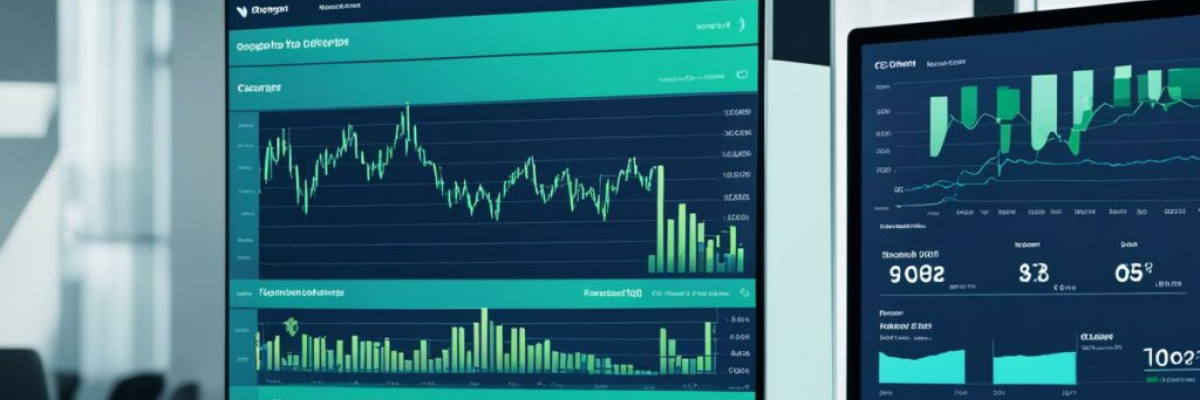Concerns Raised Over Monero’s Privacy In Light of Wallet Trace Conducted by Moonstone Research
The cryptocurrency community is raising eyebrows as a blockchain analysis firm, Moonstone Research, recently traced transactions from a Monero wallet. When hackers decamped with 2,675.73 monero (XMR), equivalent to over $3 million nearly ten weeks ago, they arguably put the touted privacy of the cryptocurrency to the test.
The Intricacies Around the Monero Wallet Hack
Merely over two months ago, a designated wallet for settling contributors for their services in Monero fell victim to a cyber attack. The strike saw the cryptocurrency’s team puzzled over the origin of the hack, despite their thorough investigation. Their efforts pointed only to two persons having the knowledge of the wallet seed. Moreover, the wallet had been working seamlessly since its inception in April 2020 until it got hit by a series of nine transactions that ultimately left it emptied.
Uppermost on the list of unanswered questions is, how did the attacker pull off such an audacious task? In their postmortem analysis, Moonstone highlighted how one of the theft transactions featured outputs from all the nine initial withdrawals setting off from the wallet. Since Monero transactions are purposefully private, the revelation suggested that the specific transaction was from the hacker, signifying a consolidation of funds.
Having analysed the initial transaction, Moonstone traced two more transactions, which they believe were the hacker’s subsequent moves to transfer funds to an exchange, service, or another party. It was nonetheless impossible for the company to trace all the stolen XMR. They concluded that the hacks might have been executed using the Monerujo mobile wallet and its anonymizing “PocketChange” feature, given the large number of outputs involved.
Monero’s Privacy Under Spotlight
Moonstone’s findings indicate that under certain conditions, it is possible to partially trace Monero transactions, notwithstanding their privacy stipulation. The news provoked a heated debate in the wide cryptocurrency community. The reactions ranged from surprised and impressed, to worried about how susceptible Monero transactions are to tracing.
Blockchain surveillance companies have claimed the ability to trace Monero transactions in the past. For instance, in 2020, Ciphertrace claimed to have developed the first Monero tracing tools intended for use by law enforcement. Nevertheless, there was widespread suspicion regarding the company’s supposed capabilities. At the time, cybersecurity engineer and XMR advocate Seth Simmons called into question the validity of Ciphertrace’s claims and underscored the need for verification.
Simmons also had reservations about Moonstone’s study. In his opinion, the specific tracing scenario outlined by Moonstone doesn’t apply to the average Monero user. He reiterated that XMR transactions generally remain private and resist most tracking endeavours. Seth attributed the ability to trace the transactions to unique factors. For starters, the private keys were in the hands of a chain surveillance outfit. Secondly, a feature within Monerujo created an irregular onchain footprint. Thirdly, significant off-chain metadata was readily available. Simmons envisaged future Monero upgrades rendering such tracking almost impracticable. He stressed the importance of not sharing private keys, not clearing the entire wallet balances unless necessary, and reducing exposure to off-chain metadata.
To conclude, Moonstone’s unveiling has nurtured a discussion over the privacy of XMR transactions, prompting users to share their thoughts on the matter. What is your take on Moonstone’s probe and the widespread skepticism over Monero tracking attempts? Share your views in the comments section below.

Frequently asked Questions
1. How does the study on Moonstone affect Monero’s privacy?
The study on Moonstone raises questions about Monero’s privacy as it suggests that certain techniques could potentially compromise the confidentiality of Monero transactions.
2. What is Moonstone and why is it significant in this study?
Moonstone is a research project that aims to uncover potential weaknesses in privacy-focused cryptocurrencies like Monero. In this study, Moonstone is used as a tool to analyze and evaluate the privacy features of Monero.
3. What specific privacy concerns are highlighted by the study?
The study highlights potential privacy concerns related to the tracing of Monero transactions. It suggests that by using specific techniques, it may be possible to link transactions and identify the senders and receivers involved.
4. How has the crypto community reacted to the study?
The crypto community has shown curious reactions to the study. While some members express concerns and urge for further research to address the highlighted issues, others argue that the study’s findings are not entirely representative of real-world scenarios.
5. Does this study indicate a vulnerability in Monero’s privacy protocol?
The study does indicate potential vulnerabilities in Monero’s privacy protocol. However, it is important to note that these vulnerabilities are theoretical and require specific conditions to be exploited. Further research is needed to fully assess the practical implications.
6. What steps can Monero developers take to address the concerns raised in the study?
Monero developers can consider the study’s findings and work towards enhancing the privacy features of the cryptocurrency. This may involve implementing additional measures or improving existing protocols to mitigate the highlighted vulnerabilities.
7. Should Monero users be worried about the study’s findings?
While the study raises valid concerns, Monero users should not panic. It is crucial to remember that Monero remains one of the most privacy-centric cryptocurrencies, and the identified vulnerabilities have yet to be exploited in real-world scenarios. However, users should stay informed and be mindful of potential risks as further research and development progress.










